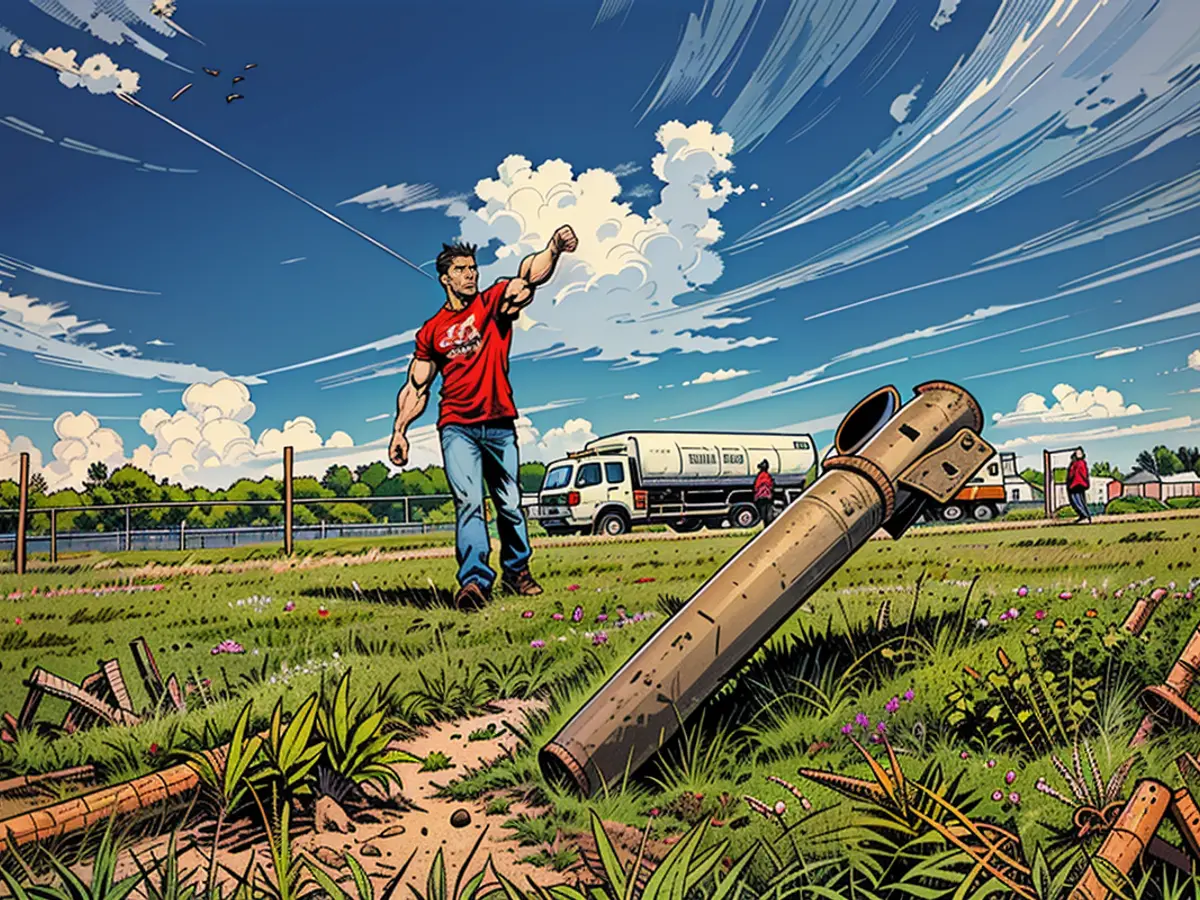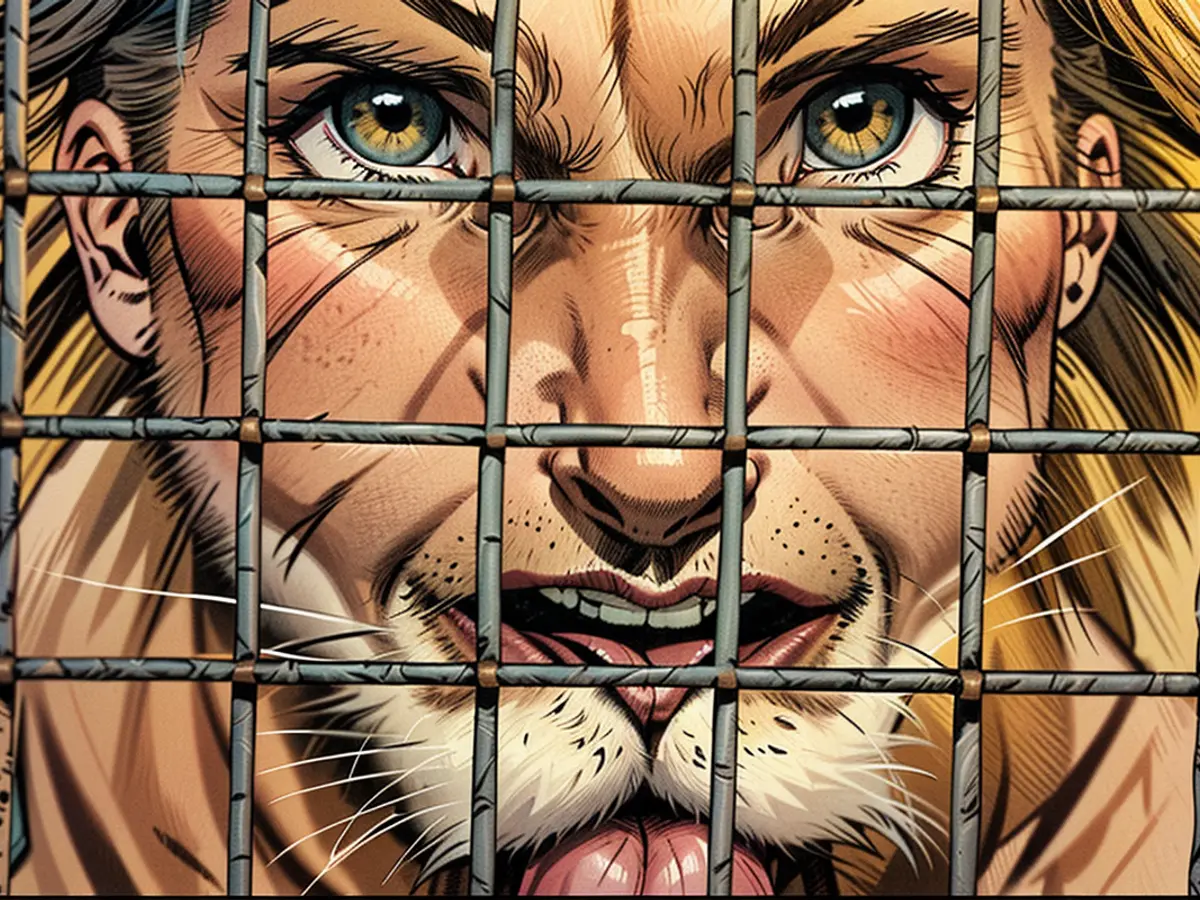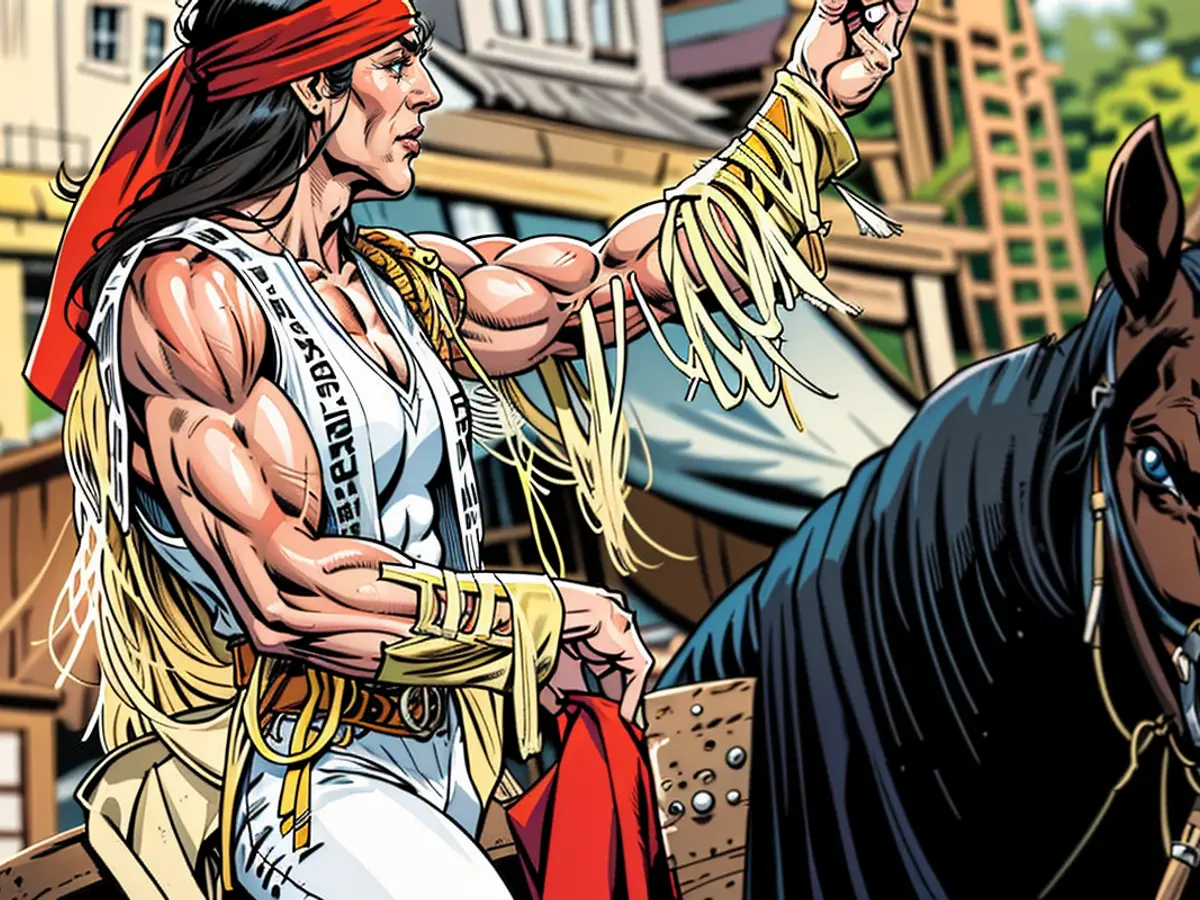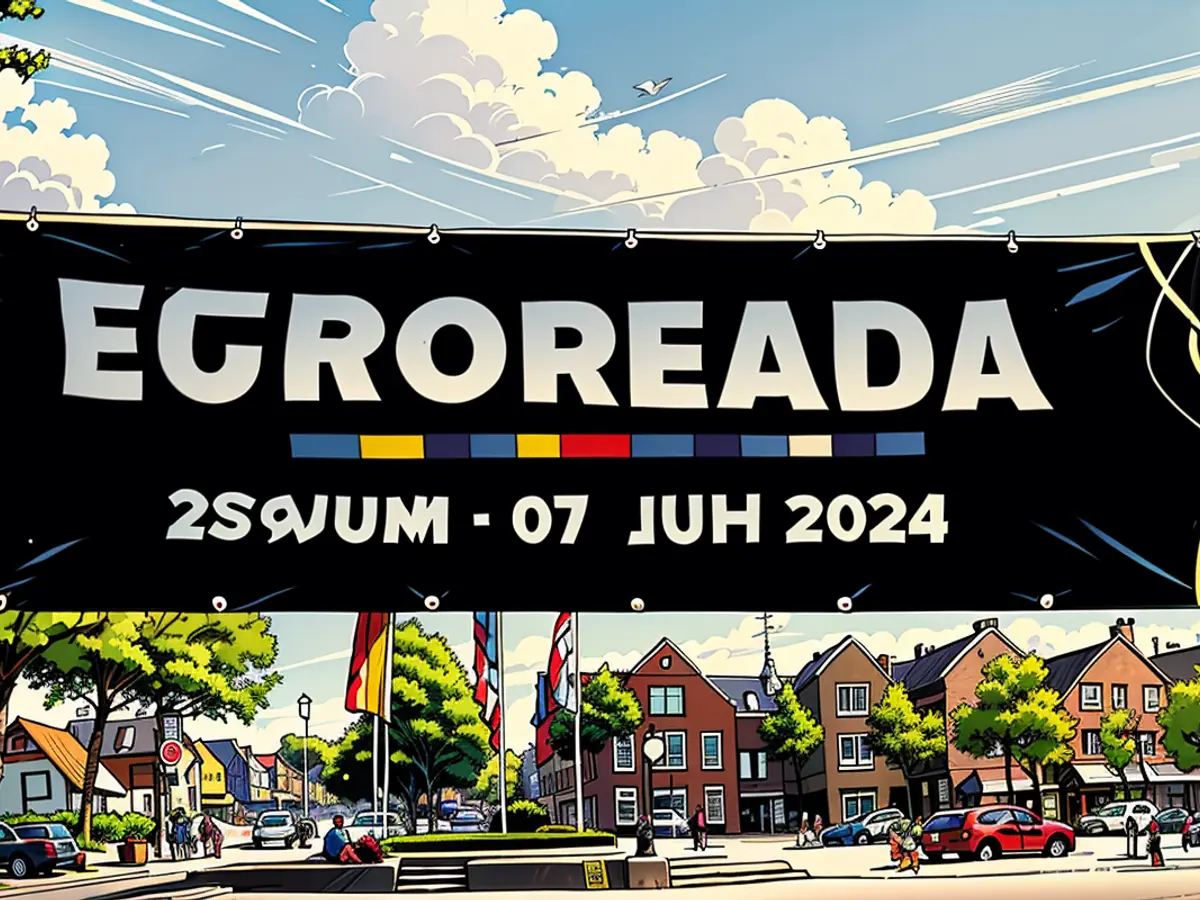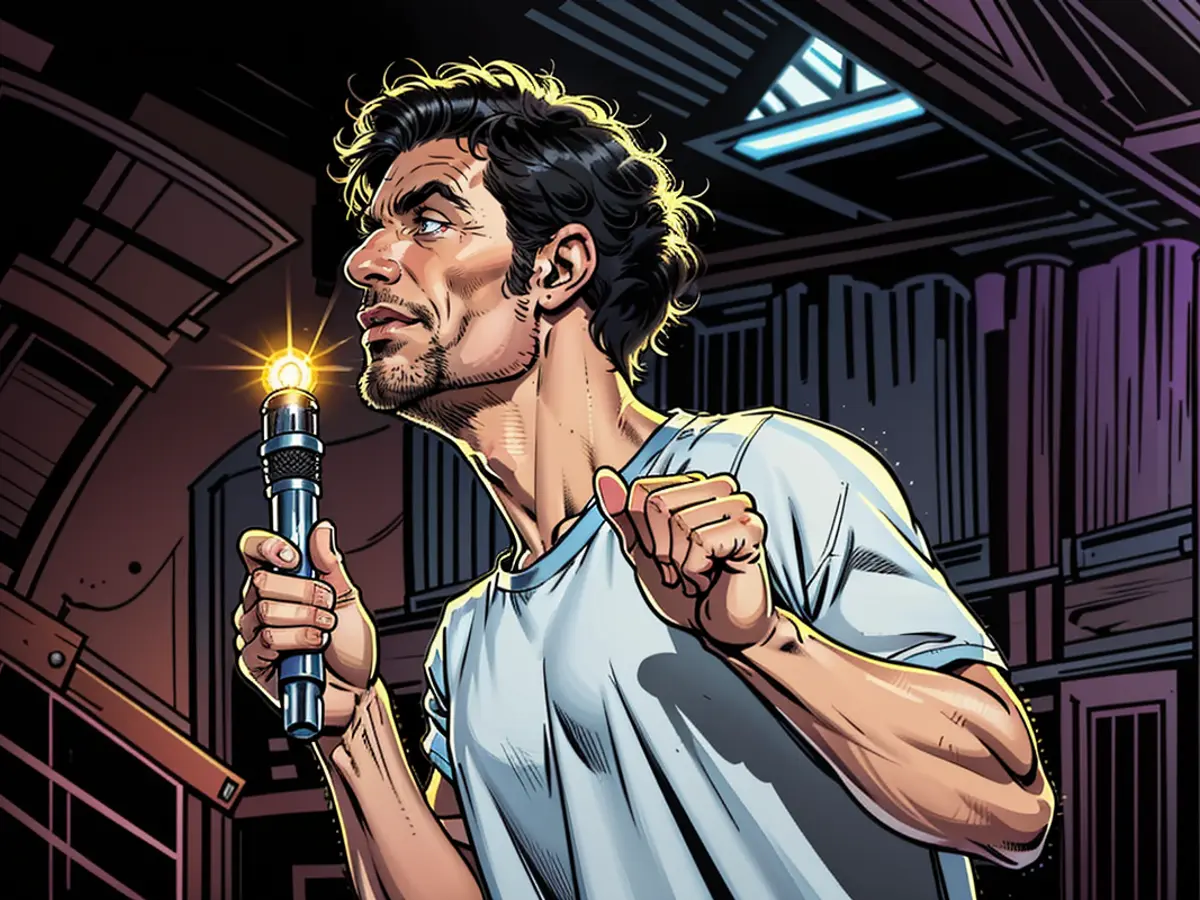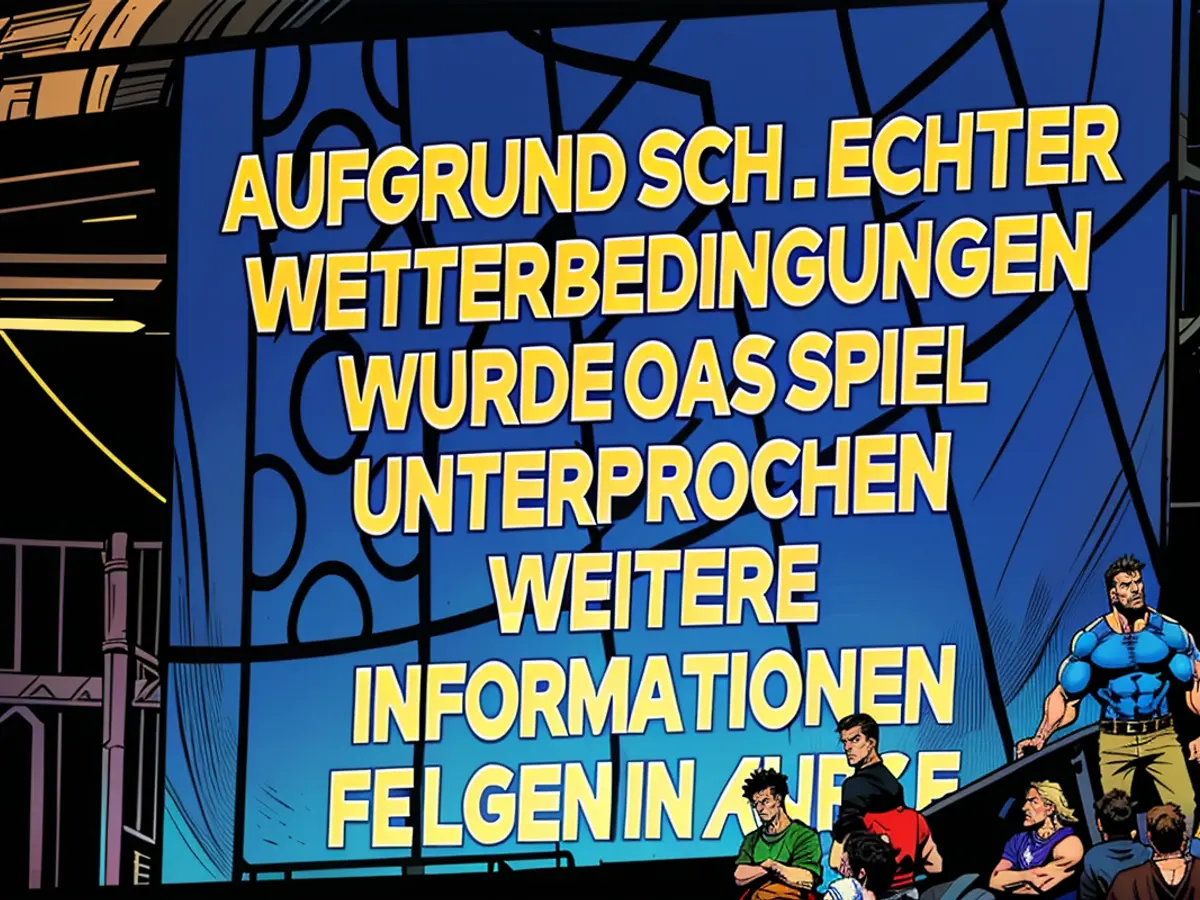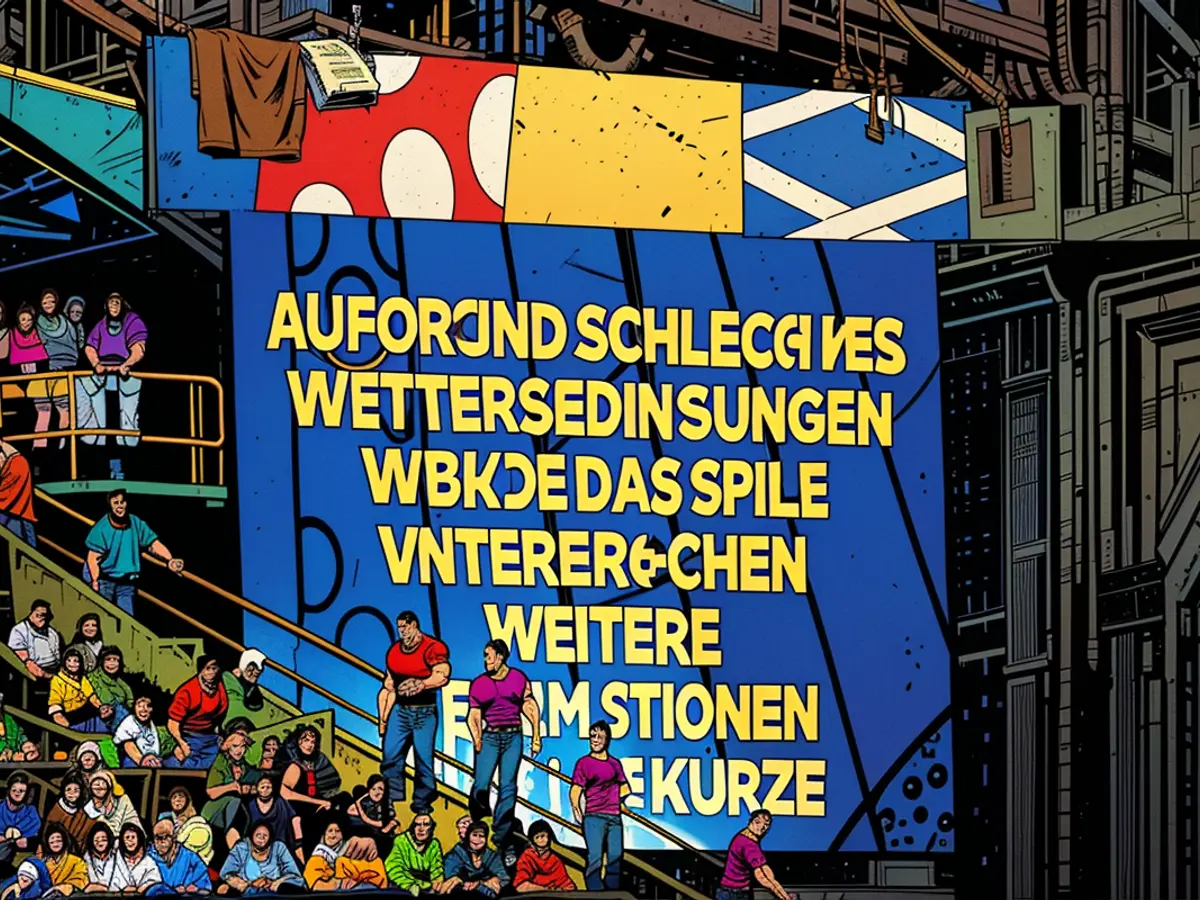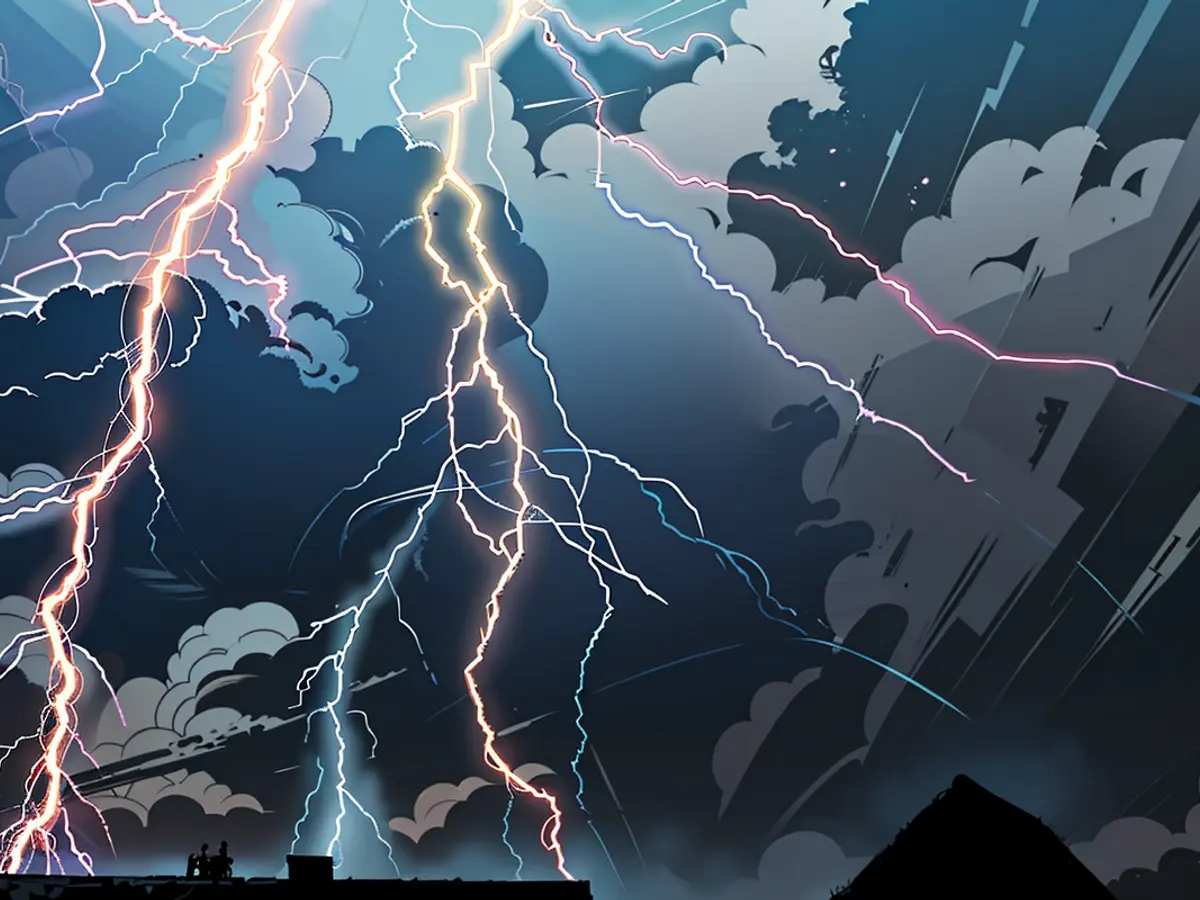Making a movie in a conflict area: Insights from 'Checkpoint Zoo' filmmaker Joshua Zeman.
A popular app in the local area alerts people when bombings are about to happen.
"I didn't know what to do or what to expect," said Zeman, the director of the upcoming movie "Checkpoint Zoo," in an interview with CNN. "We wore flak jackets and helmets and were there filming, and bombs were going off - the whole shebang."
The app notifications would turn off so frequently that the crew had to pause them to get a moment's peace before hearing the bomb explosions miles away from their filming site. The sirens and explosions were a constant reminder of the war they were trying to film in.
Zeman planned several trips to Ukraine to capture footage for "Checkpoint Zoo," a documentary about the incredible rescue of nearly 5,000 animals trapped in Kharkiv's Feldman Ecopark zoo during the conflict. It premieres at the Tribeca Film Festival in New York on June 6.
The story in his film was too significant not to tell.
The overlooked casualties of war
In February 2022, Russian President Vladimir Putin initiated an attack on Ukraine with land, air, and naval forces. During the war, which is now entering its second year, tens of thousands of soldiers and civilians have been killed.
The Feldman Ecopark, located in Kharkiv near the Russian border, was one of the unanticipated victims of the war when the intense fighting left the park's 5,000 animals with little food, water, and caregivers. However, after the park's founder, entrepreneur and philanthropist Oleksandr Feldman, uploaded a video to his social media asking for help, resources were sent and a group of volunteers arrived to aid in evacuating the animals.
Six people lost their lives during the evacuation, including a 15-year-old child.
Zeman first learned of Feldman Ecopark's animal evacuation after seeing a video of a Chimpanzee named ChiChi roaming in Kharkiv's Freedom Square. He was determined to discover ChiChi's origin story, which led him to the full account of the Feldman Ecopark animals' rescue.
After connecting with a representative of the park, Zeman travelled to Kharkiv with his crew to film.
"This is a movie about the unforeseen victims of war you never see," Zeman said.
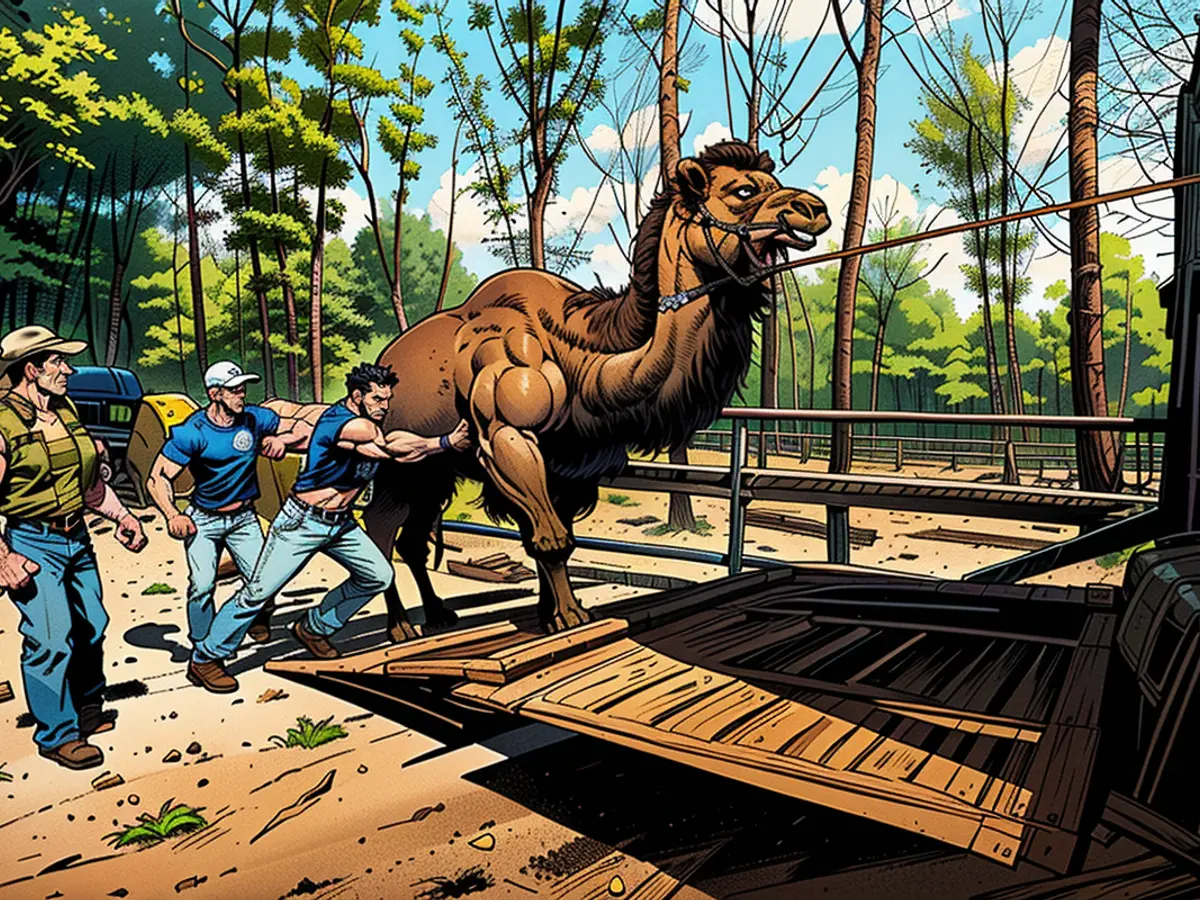
Zeman chronicles the events of the animal evacuation in "Checkpoint Zoo" through interviews conducted on the ground in Ukraine under the constant danger of artillery fire and footage filmed by volunteers.
Led by a dedicated team of zookeepers and volunteers, the film showcases the individuals who risked their lives to save the animals of Feldman Ecopark.
Yet, reaching the destination was not a simple task.
Zeman spent 12 hours at the Warsaw border trying to convince officials that his baggage was full of film equipment. Amidst numerous inquiries regarding his purpose for entering Ukraine and what he planned to film, Zeman tried to clarify that he was not a journalist and had no plans of going near the front lines - a concept that he said left officials puzzled.
"'We're going to film a zoo,'" Zeman recalled telling officials at the time. "That just blew everybody's mind at the border."
A five-day journey from Warsaw to Kharkiv followed for Zeman to reach the park, which had been scarred by war and was devoid of the 5,000 animals that had been moved to safer locations throughout the country months before.
"It was crazy that this was going on," Zeman said. "I met so many people whose lives had been affected ... it was horrific what was happening, and coming from the United States, coming from New York, it's just shocking."
The language barrier often posed a hurdle. Zeman relied heavily on his translator to interpret his queries and the subjects' responses.
"I just knew the story was important and that the people were important and what they were saying was emotional."
The film's footage
Feldman founded the park in 2011, intended to be a small space for children to interact with animals. It eventually grew into a massive facility with a variety of creatures, from moose and kangaroos to lions and monkeys. Feldman Ecopark also prioritized rehabilitation and implemented programs for children with special needs and individuals struggling with addiction.
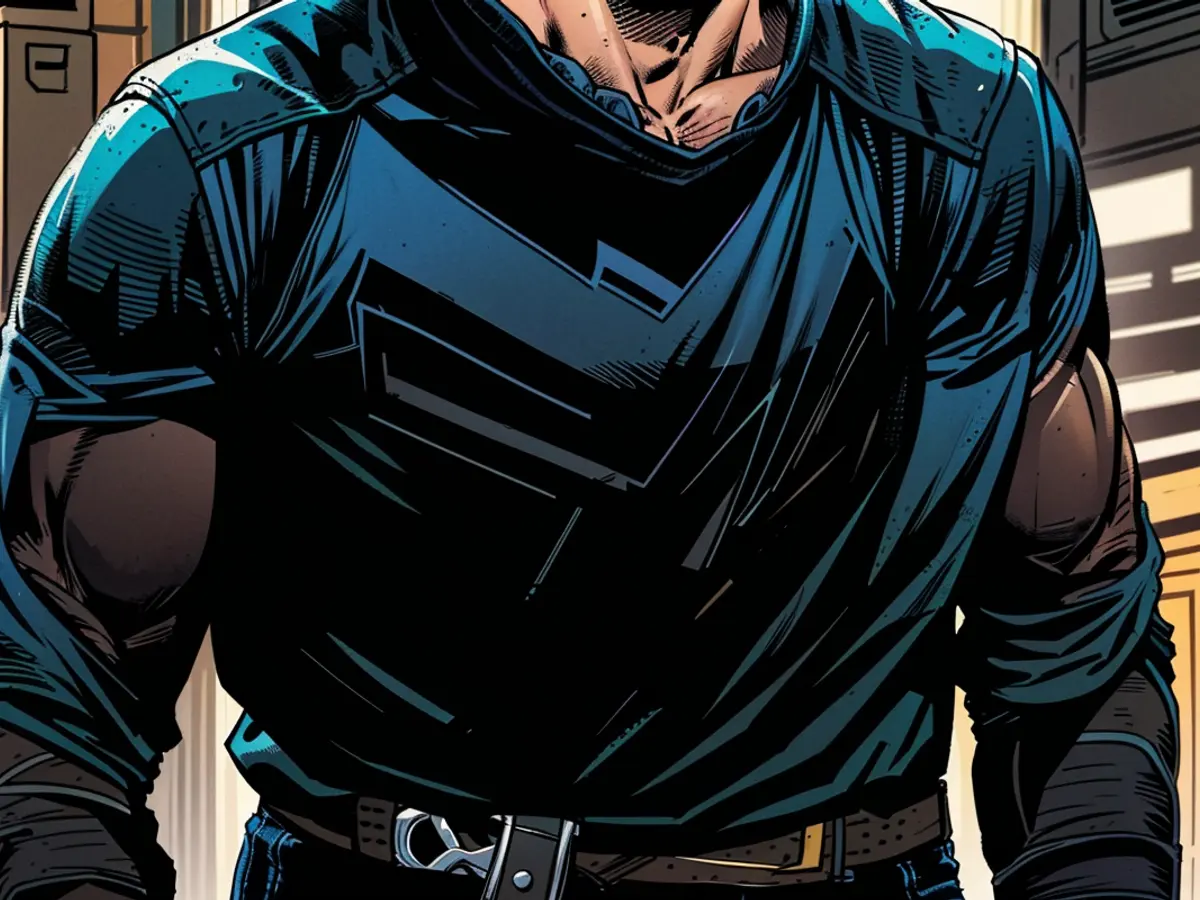
During the evacuation, Feldman and his team relocated a large portion of the animals from the park to his nearby residence. In the film, his home - filled with animals - is emphasized as he tearfully discusses his connection to them and his efforts to save them.
The human toll of Feldman's initiative was examined by many in the documentary but depicted in brutal detail through the narrative of 15-year-old Denis Selevin, killed in a strike on the park's grounds.
In one scene, Vitalii Selevin, the boy's father, confronts a captured Russian prisoner of war taken by the Ukrainian military after the attack.
"This is my child's blood," Vitalii Selevin declares to the man restrained in the video, as he kneels down to show him his bloody hands. "How am I supposed to react towards you?"
Denis Selevin passed away a few minutes prior to this confrontation. He was at the facility that day, helping to evacuate and feed the animals when it came under fire from Russian troops.
"The video was mind-blowing, it was incredibly shocking," Zeman commented. "It was also incredible, as it happened on the last day of the evacuation. It felt like a movie script."
Zeman explains that he didn't even know they had this footage at the time. Given that Denis Selevin lost his life during the incident, the team believed they would need to document his story through photos. When an editor found the footage later on, Zeman thought it imperative that they meet with his family during their next trip to Ukraine.
"I was astonished they said yes to being interviewed on camera," Zeman said. His reasoning is that they wanted "the world to witness the destructive power of war."
This sentiment is present in each testimony presented in "Checkpoint Zoo."
Andrii Tyvaniuk, an employee of Feldman Ecopark who helped with the evacuation, claims in the film that "not every animal is an animal, and not everyone is a human."
"But many animals act like humans. And there are a lot of people who behave like animals," he elaborated.
